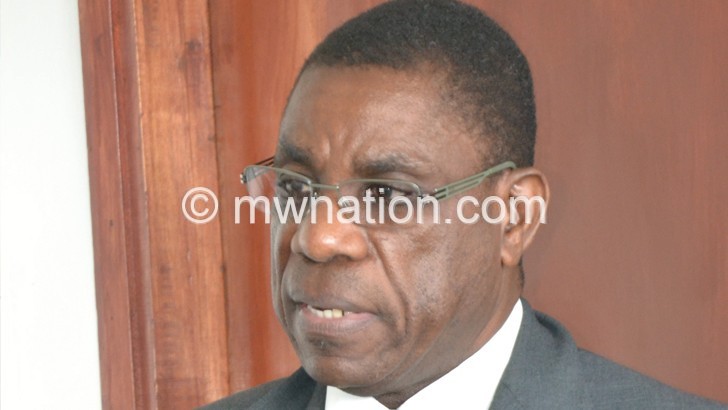Cama says budget spells doom for consumers
Consumers Association of Malawi (Cama) says government has left consumers in a tight situation by unveiling a tough budget for ordinary Malawians.
Cama executive director John Kapito said in an interview on Saturday that there is no or little hope after Minister of Finance and Economic Affairs Sosten Gwengwe presented the 2022/23 National Budget Statement in Lilongwe on Friday.

He said: “It is going to be another tough financial year for consumers. The budget has raised a number of challenges that are of immediate concern to consumers such as the inflation threat which would definitely have a negative impact on consumer’s welfare.
“The budget has also forecast on a low growth rate which will have an impact on poverty levels.”
Kapito further argued that the budget is silent on how government intends to stimulate economic activity on the market, especially through production which is key for revenue generation.
“One only wonders how the government will raise the resources to finance most projects and promises outlined in the budget,” he said.
Kapito, however, expressed satisfaction that budget has addressed the issue of value added tax (VAT) on cooking oil and water, saying this offers some hope to consumers.
“We are expecting to see lower prices of cooking oil on and water. We have always argued that against the collection of VAT on this product and we are expecting to see tariff reduction on water,” he said.
The proposed K2.84 trillion 2022/23 National Budget, which runs from April 1 2022 to March 31 2023, has been formulated on assumptions real gross domestic product growth rate of 4.1 percent in 2022 and four percent in 2023 and inflation at 9.1 percent, according to the minister.
Gwengwe said this financial year’s budget continues to fulfill campaign promises that the Tonse-led administration made.
In the proposed budget, the minister said the government will start addressing issues of public debt management, export diversification and import substation and in turn start confronting issues of balance of payment.
“This budget has been anchored on strict fiscal consolidation policy. As the Domestic Resource Mobilisation Strategy will be implemented, the financial year will also see some programme reforms aimed at containing costs more sustainably,” he said.




